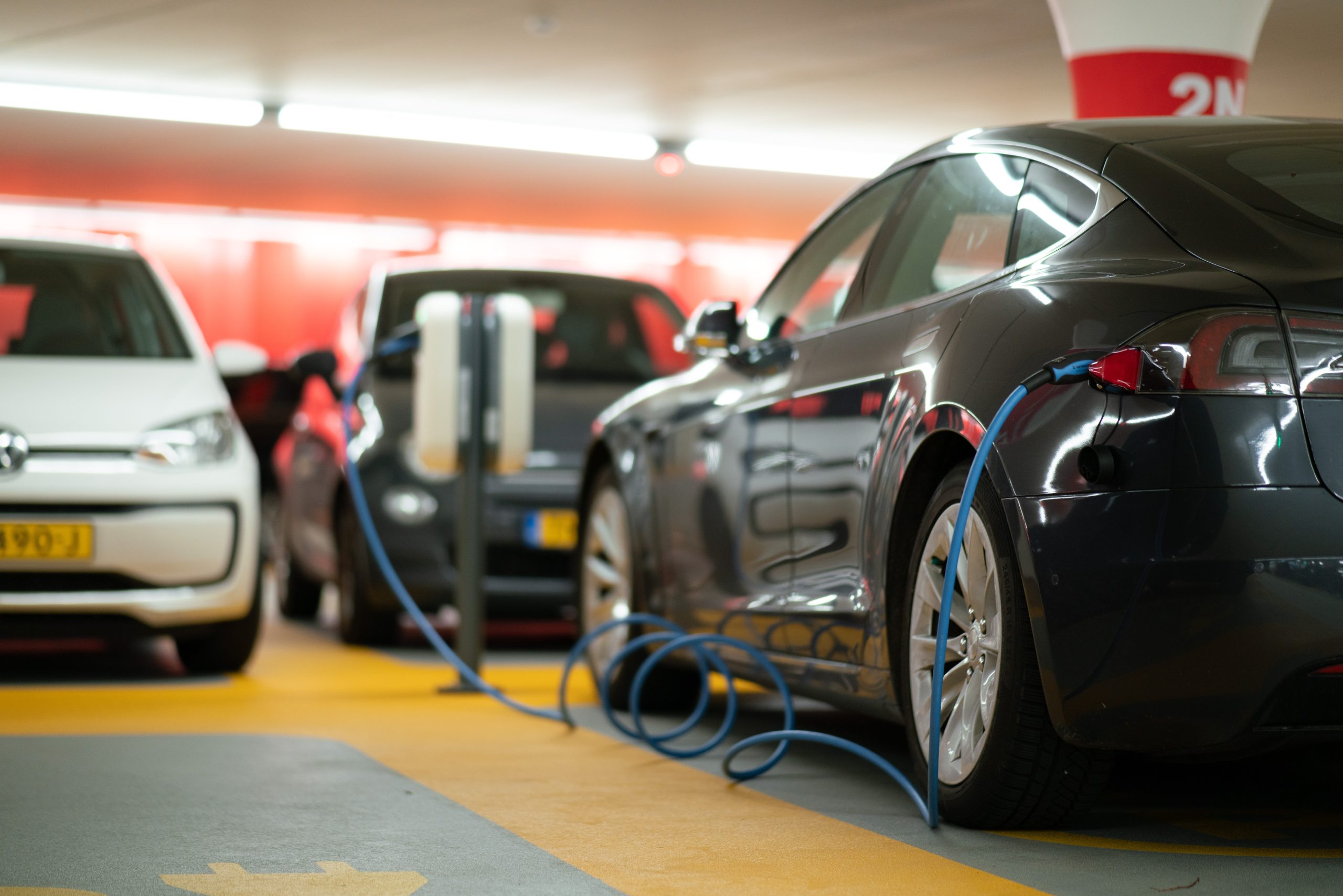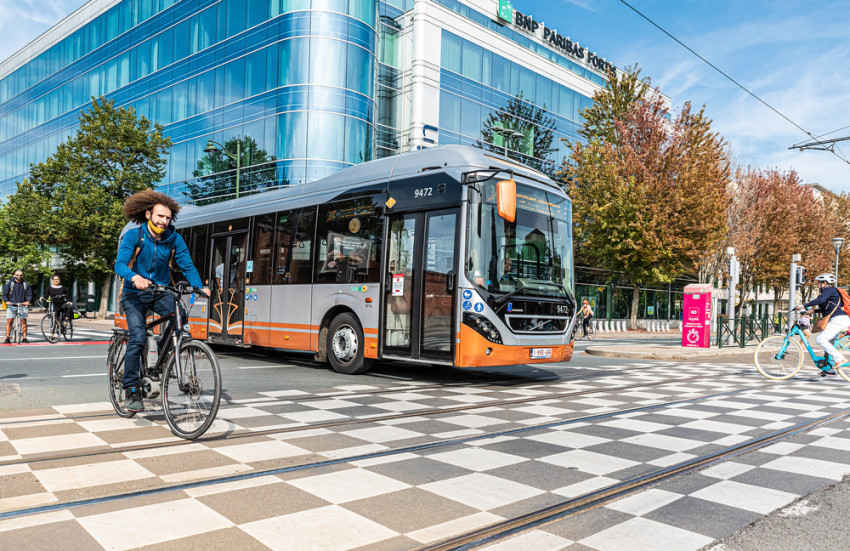
Smart & Sustainable Mobility
A very relevant sector for helping the global warming crisis. With our elaborate network, knowledge, and experience, TRANSFER can support you in your international expansion in this sector by in depth market analysis, partner selection, client identification and closing deals.
Our experience
Over the years, the local offices of TRANSFER have assisted companies in getting in touch and to close deals in Europe and the Americas, with the main areas of business being:
- Public Transporting Companies
- Manufacturers
- Infrastructure Contractors
- Advisors
- Government Bodies (national, regional and local)
Blog Posts
Trending News

DUTCH DESIGN is present all over the world
Dutch Design is defined by its minimalistic, innovative, and functional approach, it mixes practicality with a sense of humor and cultural relevance, and has evolved into a global phenomenon since its emergence during the 90s.
4/10/2024

United Kingdom Sustainable Mobility Sector: Towards Green Mobility
Sustainable Transport is fast-growing in the United Kingdom. Due to all recent events such as COVID, the increase in gas prices, and global warming are causing drastic changes in citizens behaviours and government’s policies. The situation creates new business alternatives, giving the UK the chance to re-think and explore ways to make cities and economy more sustainable.

Hydrogen as the hope for climate-neutral energy production
Hydrogen is currently playing an increasingly important role in energy production. Besides its versatility and environmental friendliness, hydrogen has several other advantages. Moreover, Germany is a major producer and researcher in the field of hydrogen. So there are also many laws and subsidies in Germany that support hydrogen companies.

The Belgian mobility sector: developing towards a sustainable future
With the increasing global climate crisis and its far-reaching consequences, there is an urgent need to address the necessity of changing our current lifestyles to reduce our footprint. It is widely recognized that human activities, particularly our persistent reliance on fossil fuels, constitute the primary driver of climate change. Notably, the combustion of fossil fuels, such as coal, natural gas, and oil, primarily in the context of transportation, stands as the foremost contributor to greenhouse gas emissions. However, due to the interconnectivity of our economies and the indispensable nature of transportation in our daily lives, reducing transportation usage has become a formidable challenge.

